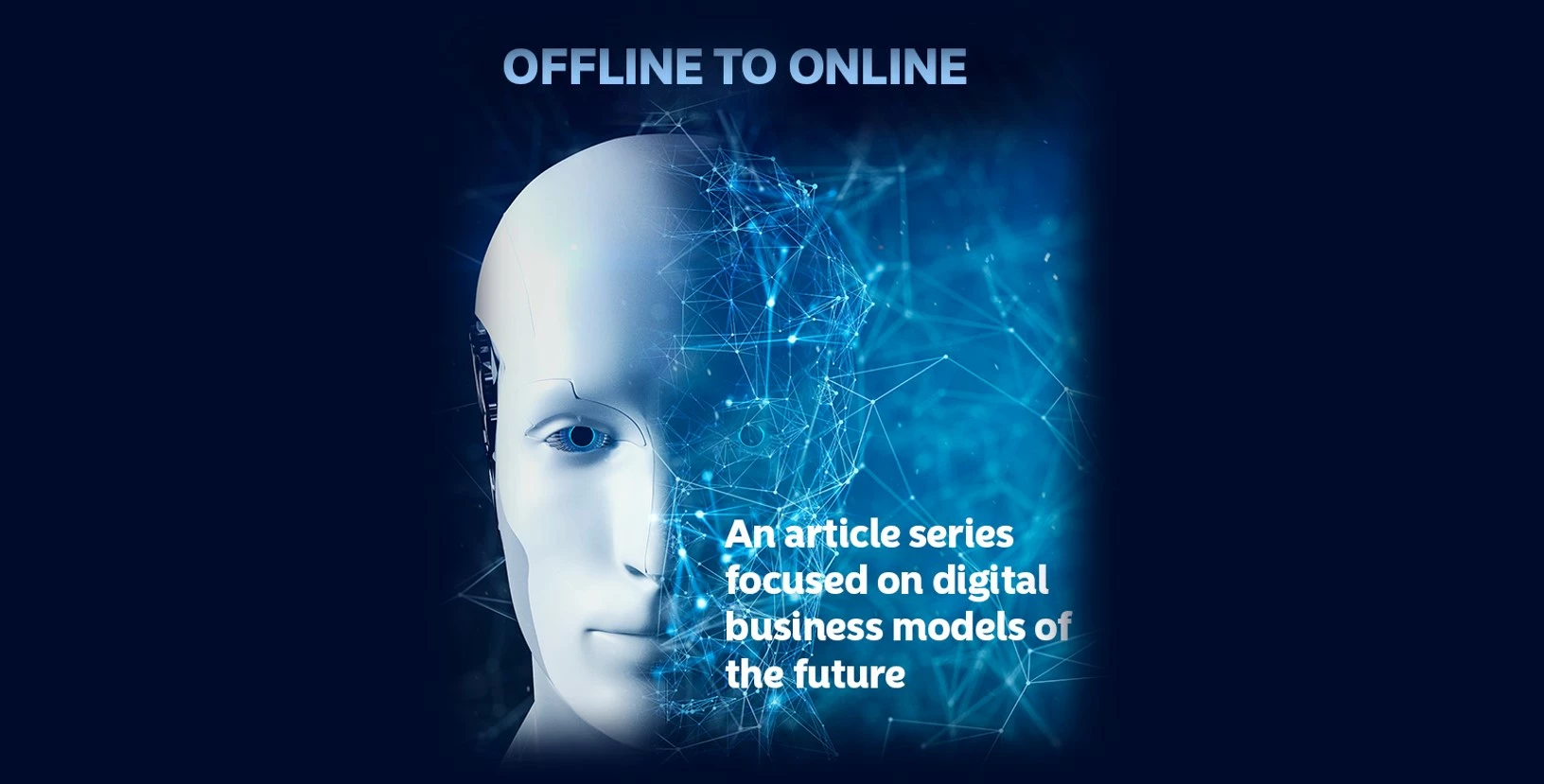Regulating identity
As different types of identity verification techniques are introduced, it remains to be seen the extent to which banks will move towards partnering with other entities, whether government or commercial, to offer collaborative identity solutions.
Ville says: “When we consider the usage and sharing of identity data in broader networks, from a regulated bank perspective this becomes a question of liability and customer consent. For example, if a customer would like to share a certain identity or other personal attribute from their bank, this is all fine and well as long as the technical capabilities of doing that in the future are in place. The bigger question here is what is the liability of the bank as a financial institution when they give that attribute to a third party with their customer’s consent? These things have to be very clearly defined. For example, if that attribute is being used by a third party to secure a transaction, we have to be 100% clear that every participant in this chain has the same understanding about what the liabilities are related to using this data.”
The evolution of broader identity networks also involves concepts such as self-sovereign identity (SSI), which argues that a person controls their own identity across all areas and touchpoints of their digital persona. By managing all of the aspects related to their digital identity themselves, the goal is for a person to operate with the same level of trust and freedom as they have in the physical world.
Ville adds: “SSI is one of the most interesting questions for financial institutions in the near future. We’ve already seen some of the global networks in the SSI space been to a large extent dismissed by financial institutions due to the fact that it’s impossible to control risk on a global level. However, building verified data networks at a national level from the ground up based on local laws and local trust mechanisms creates a very strong foundation for doing this in a sustainable and regulatory compliant way. As national networks get up and running, interoperability offers the possibility of joining different regions together to grow organically connected identity networks. European level initiatives on SSI can play a key role on the path towards interoperability. Especially from a Nordic standpoint, connecting our upcoming national networks with other European networks in the future is a great opportunity to build an interoperable data economy in this region. If we’re able to find interoperability across these networks at the EU level that’s a good stepping stone towards maybe one day having some kind of a functional global network.”




